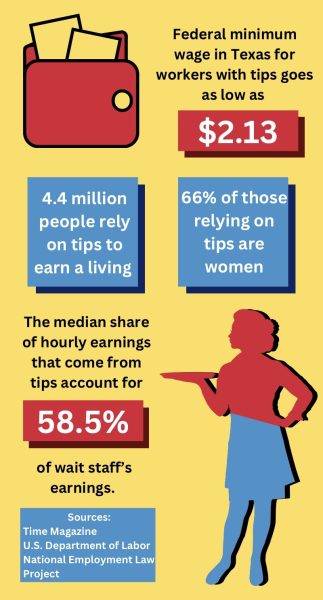
The bright white screen reflects back and on it are three words that leave you with a difficult choice: How much tip?
Glaring back at you are the standard options alongside the no tip button. On the one hand, you can tip the standard 15 to 20 percent and on the other, you can simply click skip and leave. This choice leaves many with momentary feelings of guilt and uneasiness.
The guilt and uneasiness we feel when asked this question reveals a much more prevalent problem in American society: service industry workers not being paid a living wage.
The current federal minimum wage is $7.25 per hour. While some states have recently raised their minimum wage to $15 an hour, that is still not enough to get by in today’s economic climate with increasing inflation.
In America, service industry workers do not receive paid time off or sick leave, leading to a heavy reliance on tips to earn a living wage. Since 1966, tips were institutionalized by employers to be part of the wage workers earn and therefore has led to lower wages for services employees.
A common argument in opposition to tipping is that in other places around the world, such as Europe, tipping is not as popular. However, that is because in Europe service industry workers earn a living wage. Other European countries as a whole offer better salaries for their jobs and therefore workers aren’t reliant on tips to survive.
The average age of service workers also skews younger in the United States. As compared to other countries, service industry jobs in the U.S. can provide a sufficient income for teenagers who don’t have as many expenses as working adults. But this does not consider the part of the labor force who rely on those jobs as their main source of income; the people that have to work two or three jobs just to keep their lights on.
The problems around fair wages perpetuate the poverty levels in our country and force people to take on multiple jobs in order to earn enough to pay their bills. While the option to tip can definitely create social pressure, the employee staring back at you is often dependent on it.
Not wanting to tip when you feel like the worker has been rude or not done anything special to deserve such extra compensation is understandable, but oftentimes their disgruntled mood or disinterest in their job is due to lost motivation. Many of us would feel unmotivated if we were stuck in a job that does not pay enough or afford us the things we want in life.
The tipping conversation has to become less about how much the person deserves it and more about the income inequality. Until a time comes when economic policy regarding service workers is improved, it is our job to fill in the income disparity and lend a helping hand by tipping. A few extra dollars here and there isn’t going to hurt us as long as we can afford it. If we can help ease that burden, why shouldn’t we?
Follow Nyah (@nyah_rama) and @CHSCampusNews on X.
https://coppellstudentmedia.com/125162/opinions/breaking-down-the-tipping-taboo/




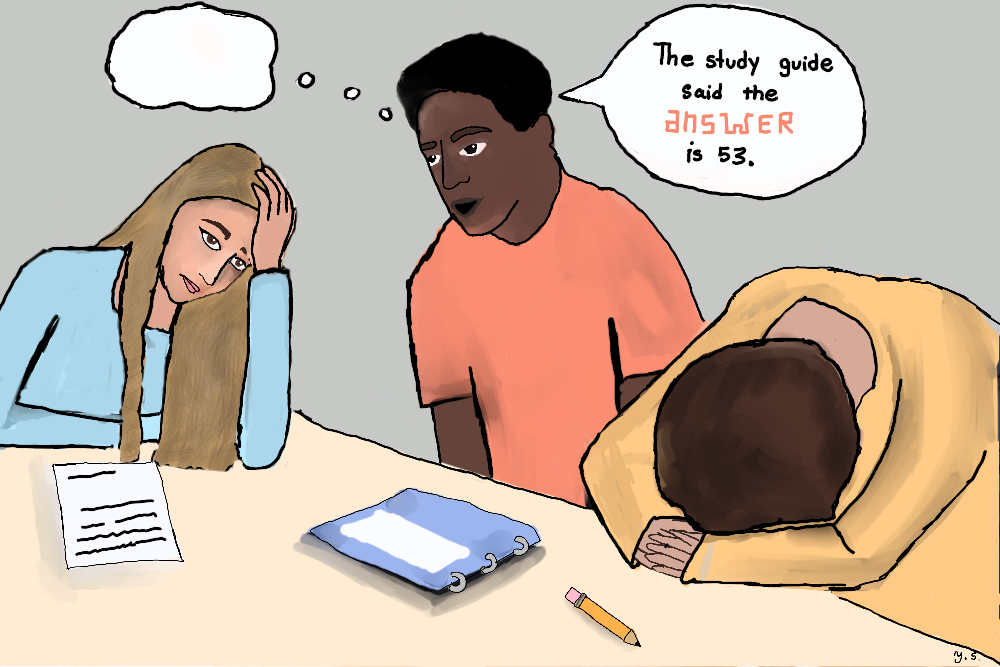




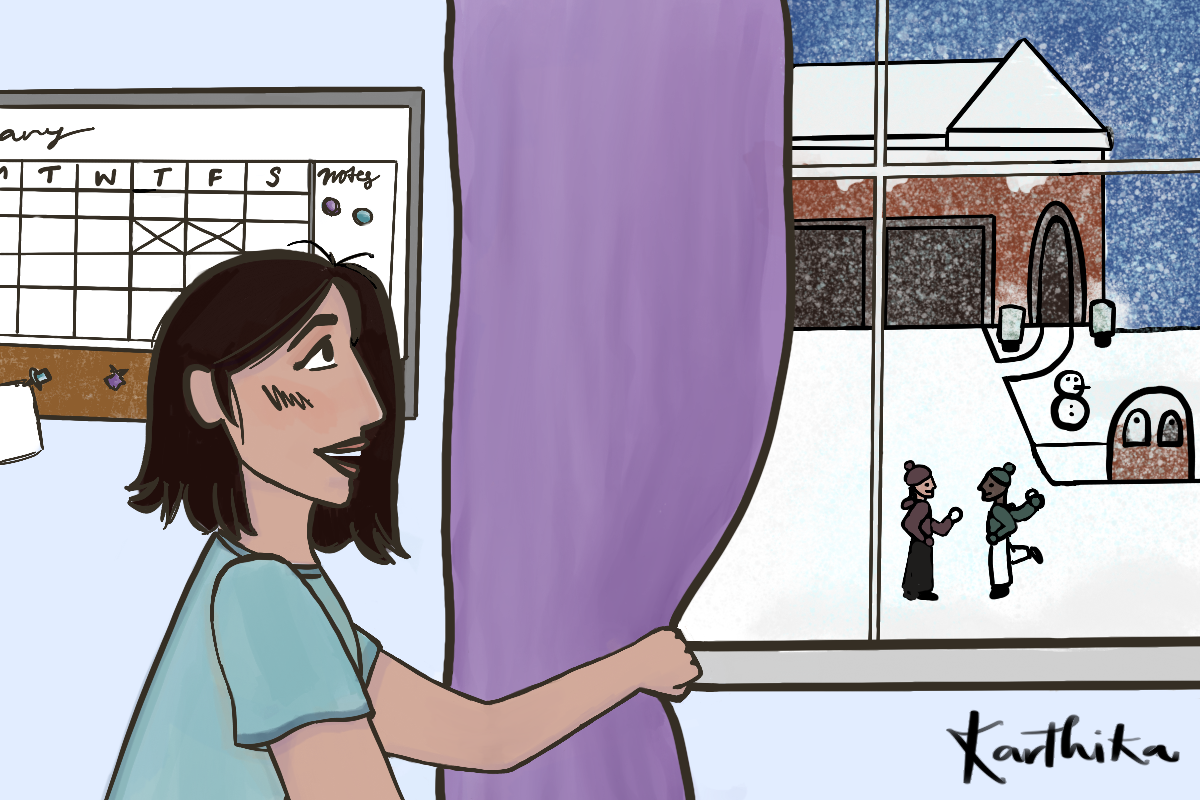
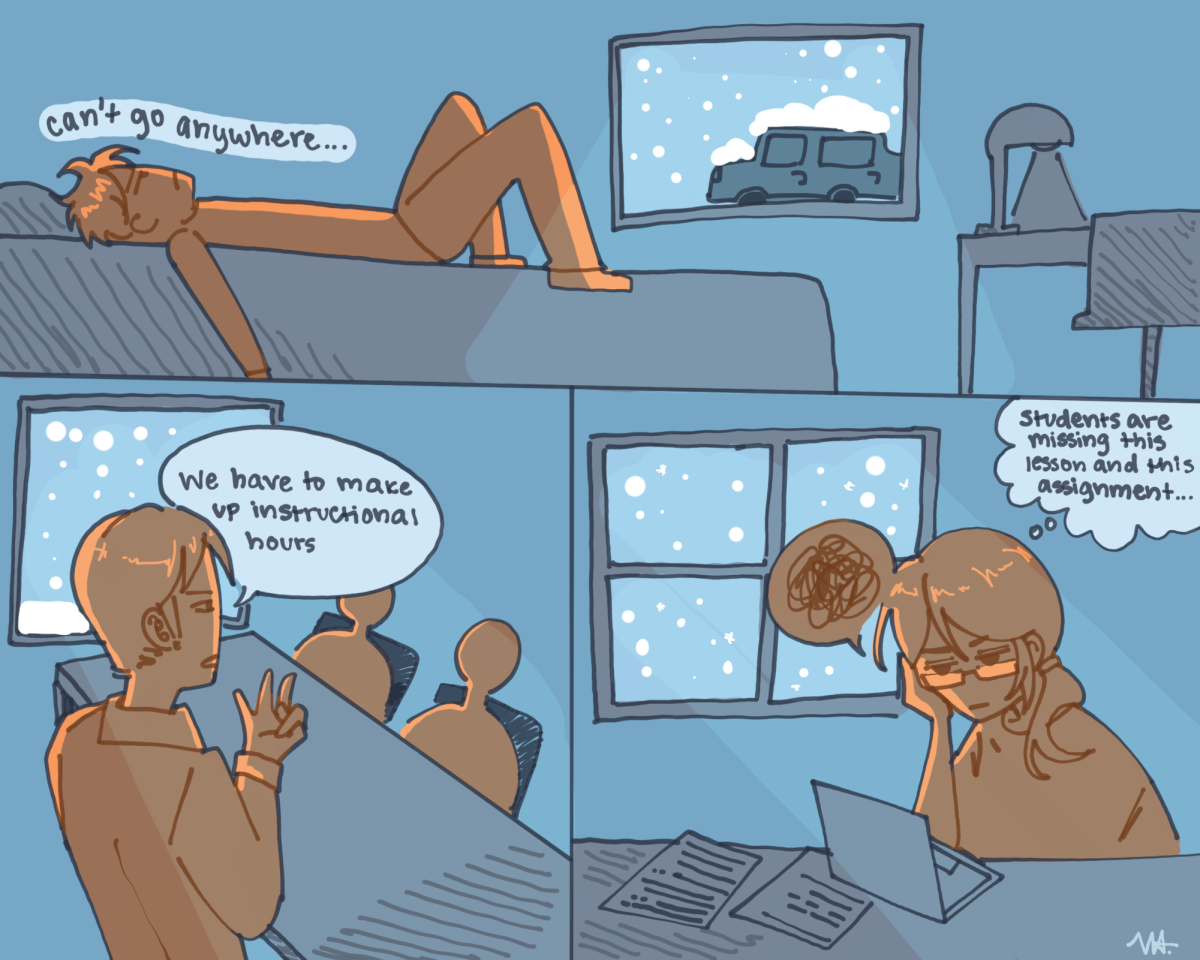



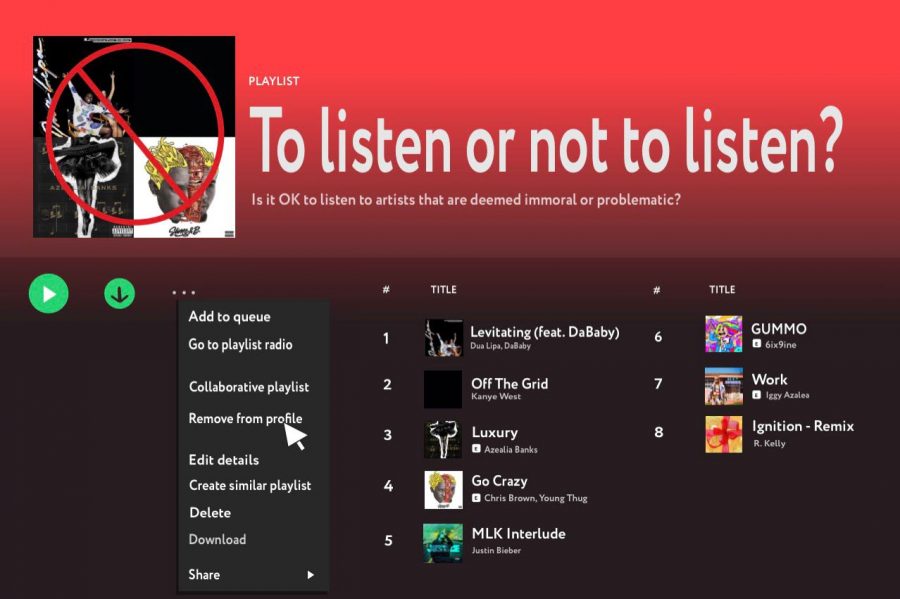





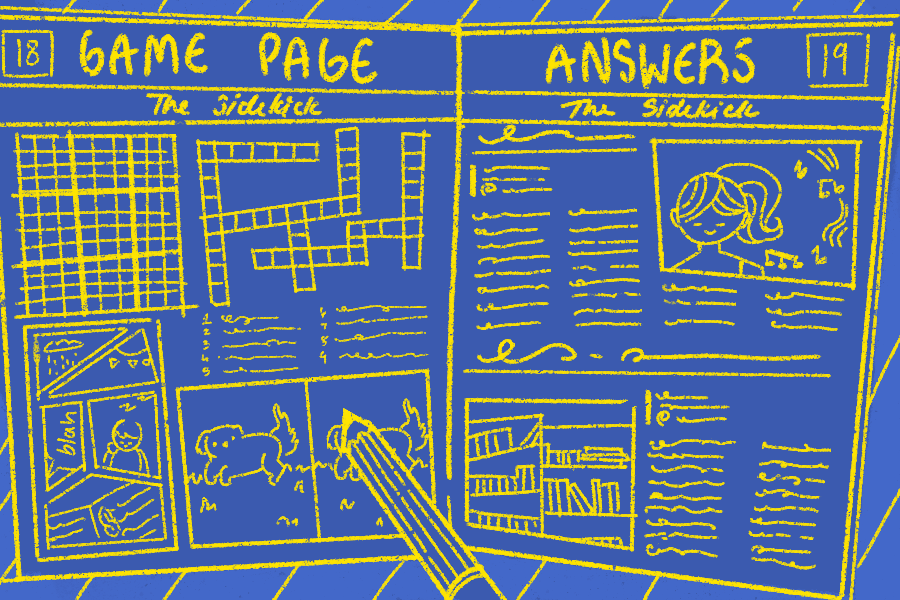


Josephine Buck • Jan 13, 2024 at 8:42 am
Great topic and well written. A alternative solution: The system is the problem. Capitalism is the backbone of American democracy and one of the things that makes this country an amazing place to live and work. But capitalism needs checks or it can do great harm seeking profit with no regard for anything else. The argument goes like this, outlaw tips and businesses will be required to compete for workers with wage increases. Fundamentally, why would we ask consumers to judge employee performance and pay based on one transaction when employers are in an Infinitely better position to assess job performance over all transactions. We, as tippers, are the problem. Stop all tipping and encourage employees to shop for the highest wage and I think we would see wages rise.